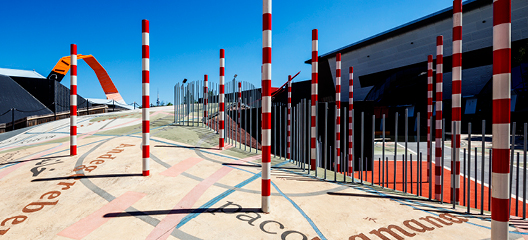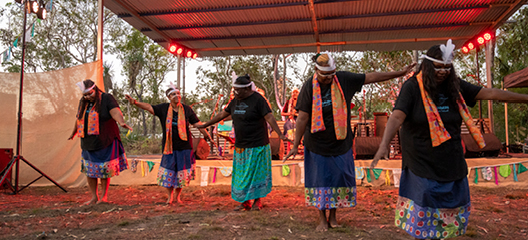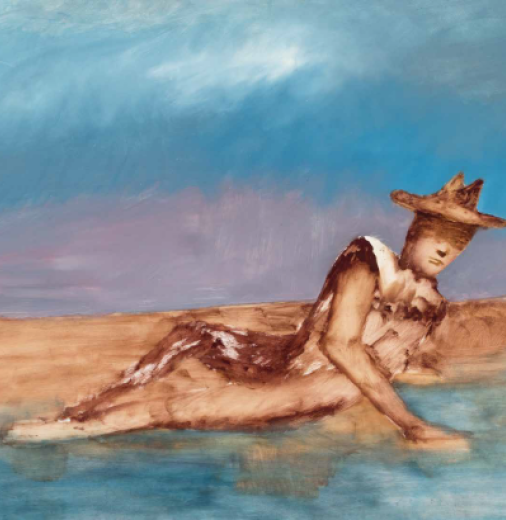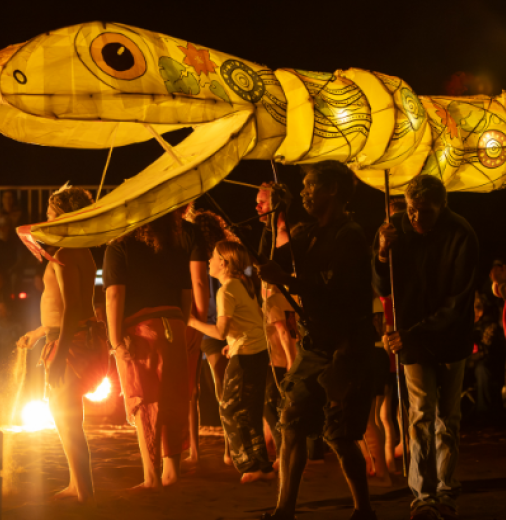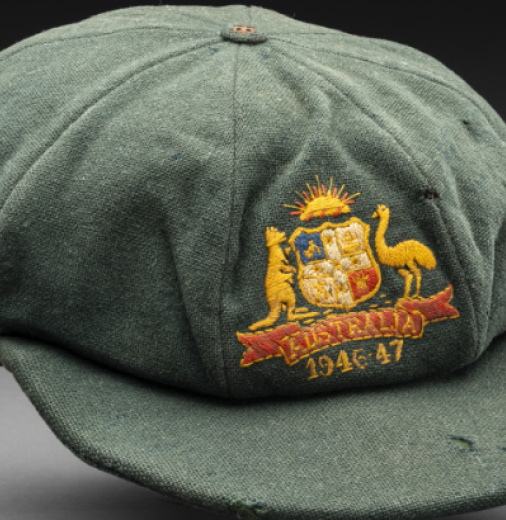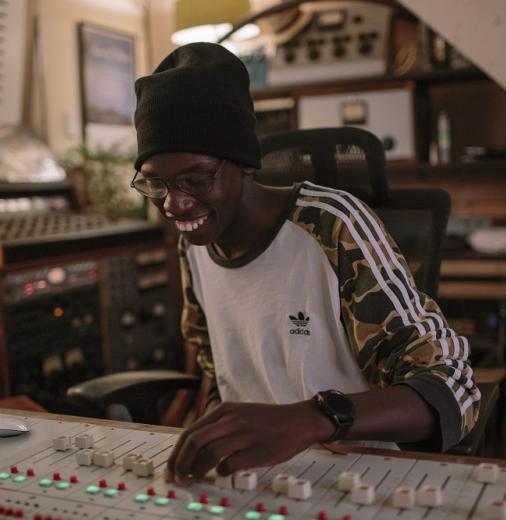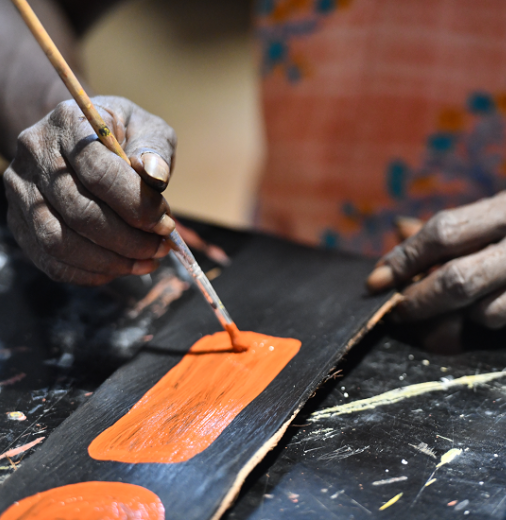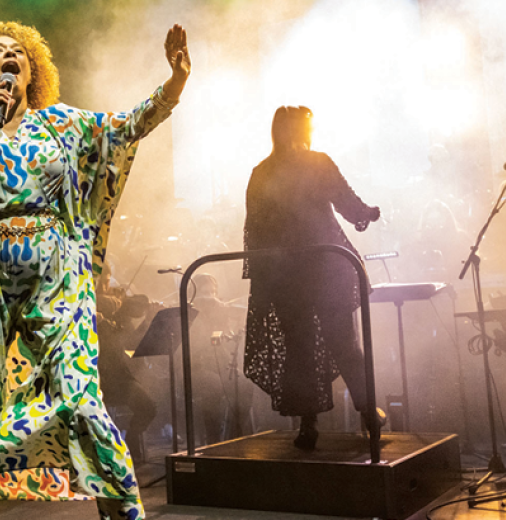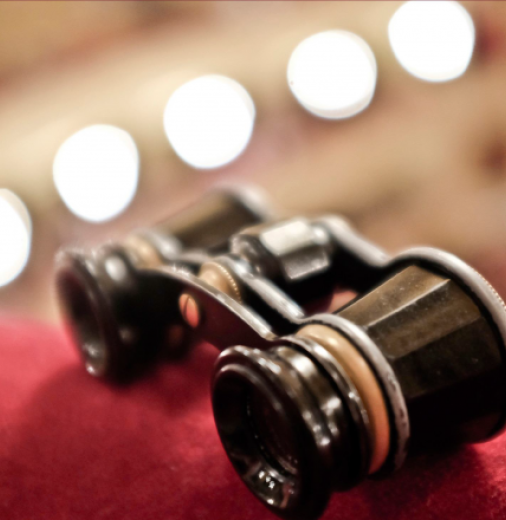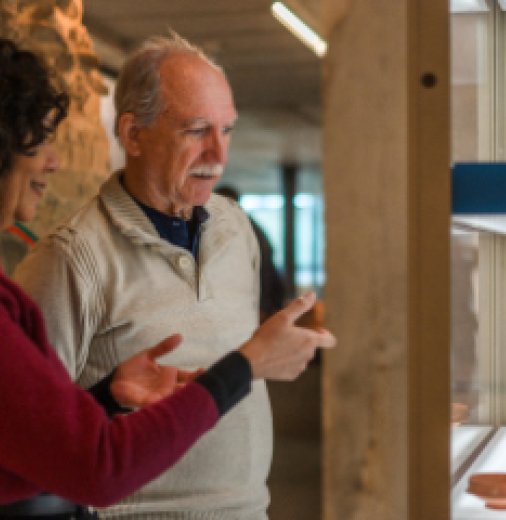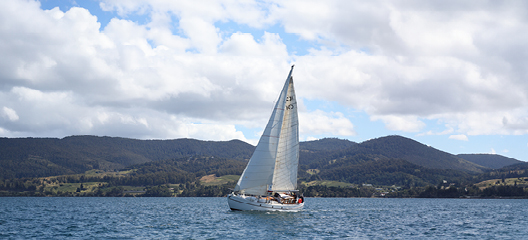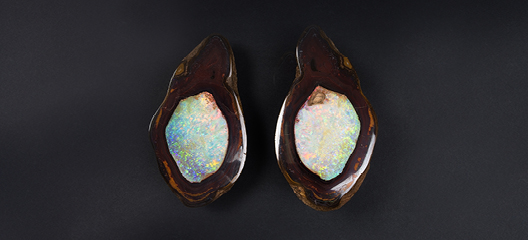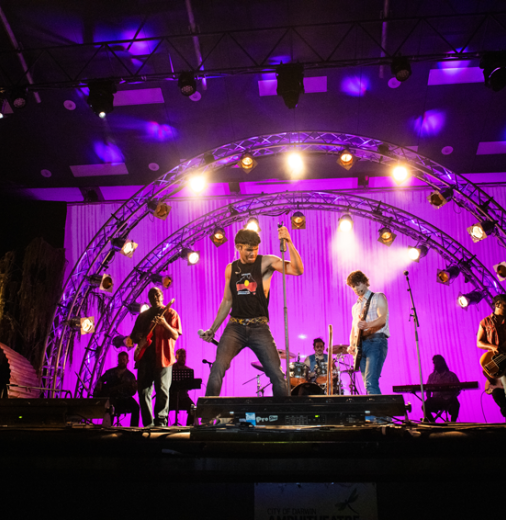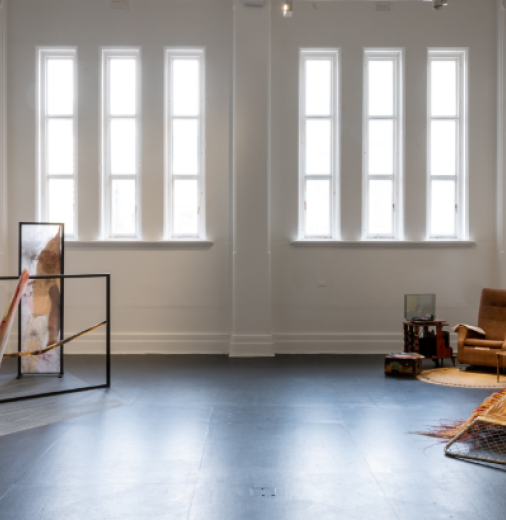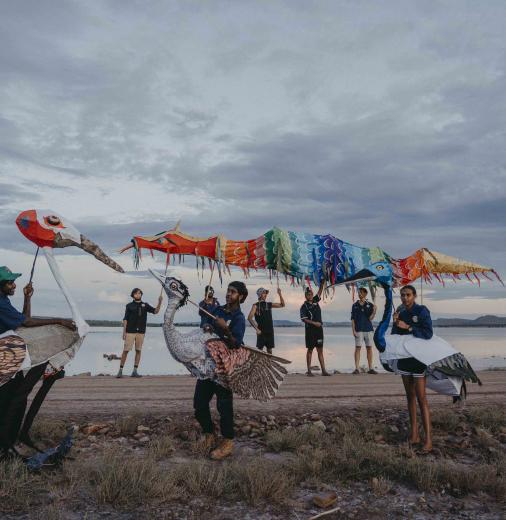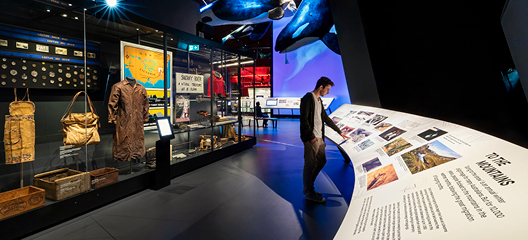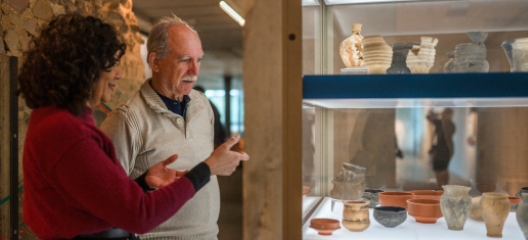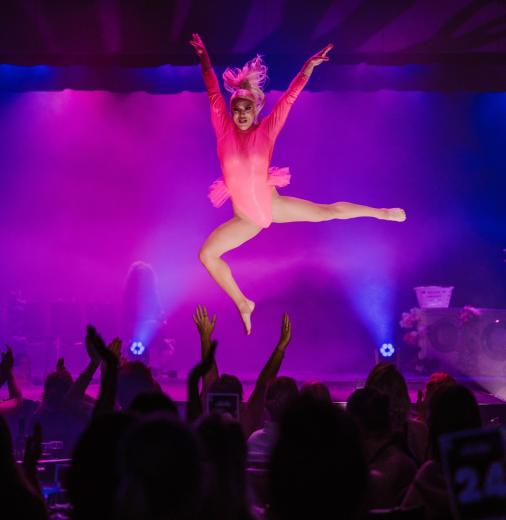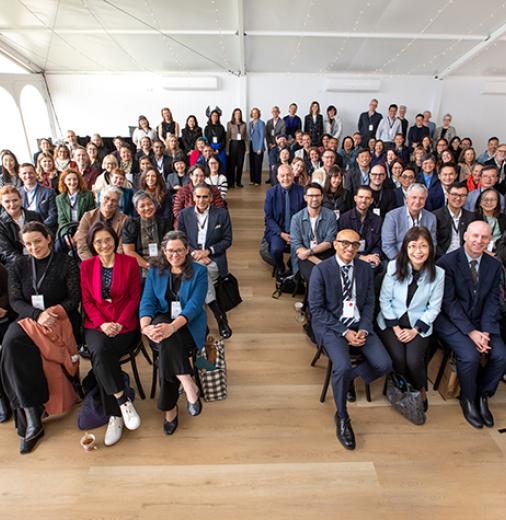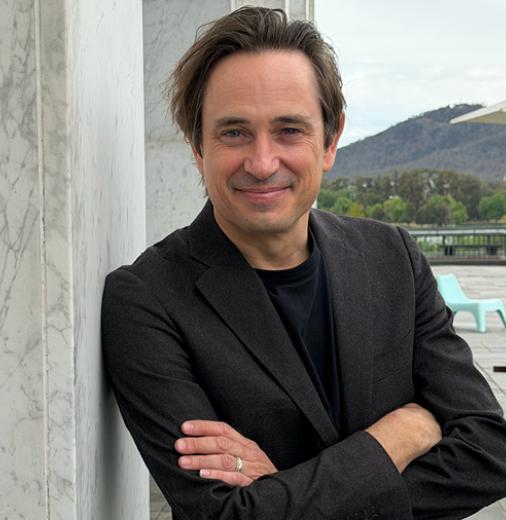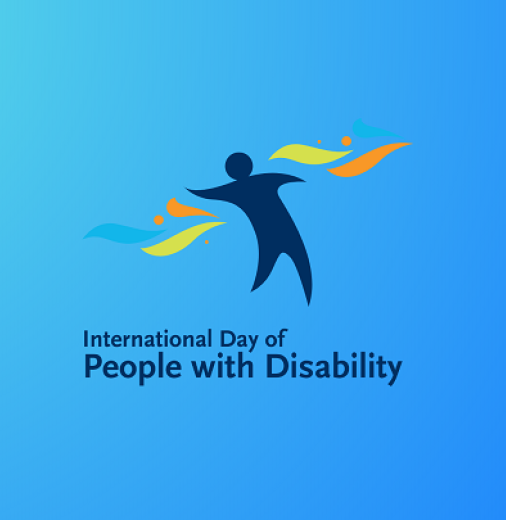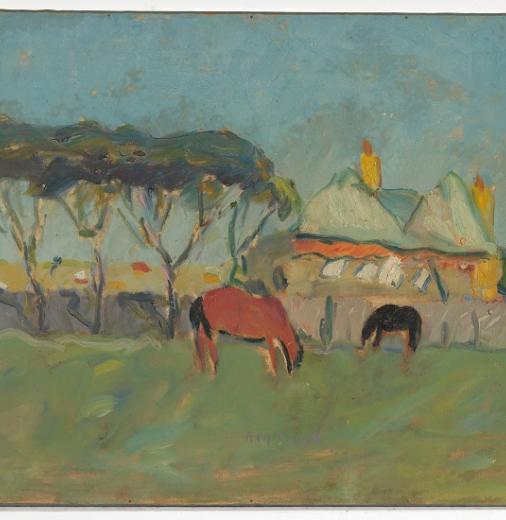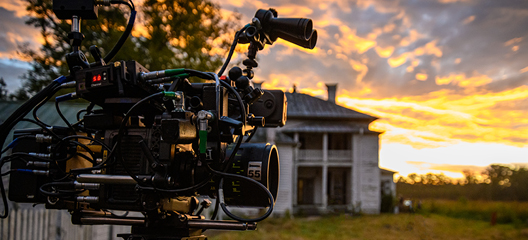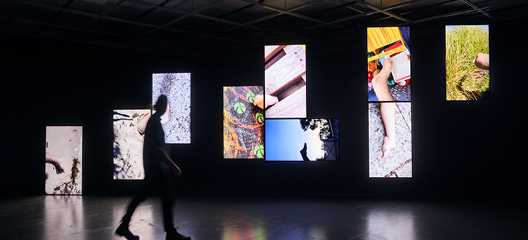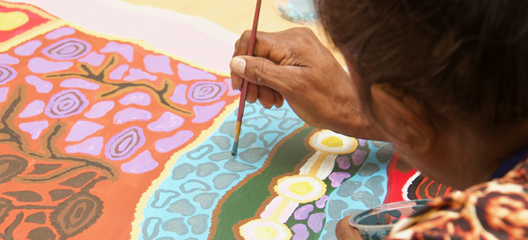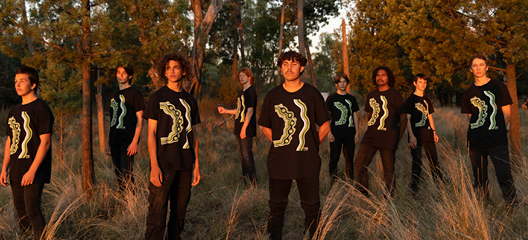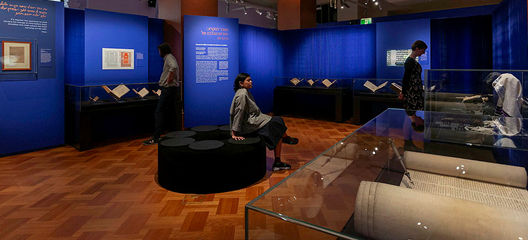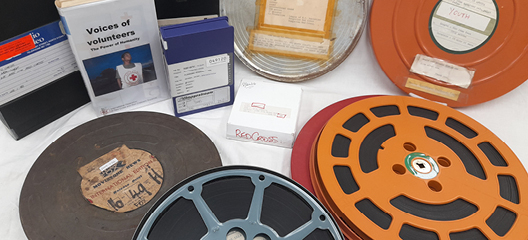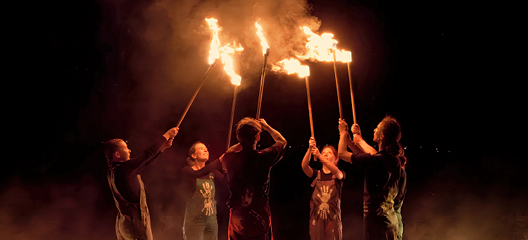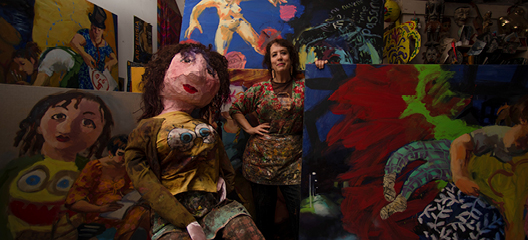
First Nations ancestors return home from Cologne, Germany
December 2025—Germany

On the 4 December 2025, the University of Cologne in Germany hosted a repatriation ceremony to acknowledge the return of two Aboriginal ancestral remains (ancestors) to their Traditional Custodians and representatives from the Australian Government. The University of Cologne returned two ancestors removed from the Waluwarra Country in Queensland and the Dja Dja Wurrung Country in Victoria.
Over the past 10 years institutions and private holders in Germany have become increasingly active in engaging in repatriation discussion and supporting the return of ancestors to Australia, having returned over 160 ancestors to Australia. This is the University of Cologne's first repatriation to Australia.
Representatives from the Dja Dja community travelled with the Australian government representatives to Cologne to undertake the repatriation ceremony, receive the ancestors and accompany them home.
Ray Ahmat, a descendant of the Dja Dja Galgal Balun clan group in Victoria said 'it is of great importance for our ancestors to be brought home and laid to rest. History shows the brutality and loss our people faced when they were taken from Country. Bringing them home allows us to give the respect they deserve and do our sorry business. It brings spiritual and emotional wellbeing for our people, helping us find closure as their spirits return to their homeland and the Dreaming where they belong.'
The stewardship of one ancestor removed from Waluwarra Country, Queensland was transferred to the Australian Government at the request of the community. The community welcomed them back in Brisbane, where they were reunited with a Waluwarra ancestor repatriated from Australian Museum, Sydney and a Waluwarra ancestor repatriated from the Queensland Museum.
Sylvia Price from the Waluwarra Community said 'repatriation is not only a healing for us, but also a truth-telling. It acknowledges the deep hurt caused when our old people were taken, and it honours our sacred responsibility to care for them. It is reconciliation made real—an affirmation that our culture, our history, and our people matter. The return of our ancestors is the beginning of renewal. It gives us the chance to mourn properly, to honour them with dignity, and to strengthen the ties that bind us to each other and to Country.'
This was a unique opportunity where through ongoing collaborative partnerships, the Waluwarra people were able to receive their ancestors in Brisbane, where they will be cared for until they can be returned to Country.
It has been long recognised that repatriation requires a collaborative approach 'repatriation is a healing for our people, because we get to see our loved ones returned to the place they were taken from. Once our ancestors are finally laid to rest, there will be a big corroboree in the Dreamtime. Thanking everyone who was involved in bringing them home, this is part of reconciliation, healing the hurt and anger we carry within us said Elizabeth Dempsey, Waluwarra Elder.
Yarra Dryden, Dja Dja Wurrung commented that 'repatriation is an act of truth-telling and healing. Bringing them home acknowledges that wrong, and honours their identity, stories, and legacy'.



















